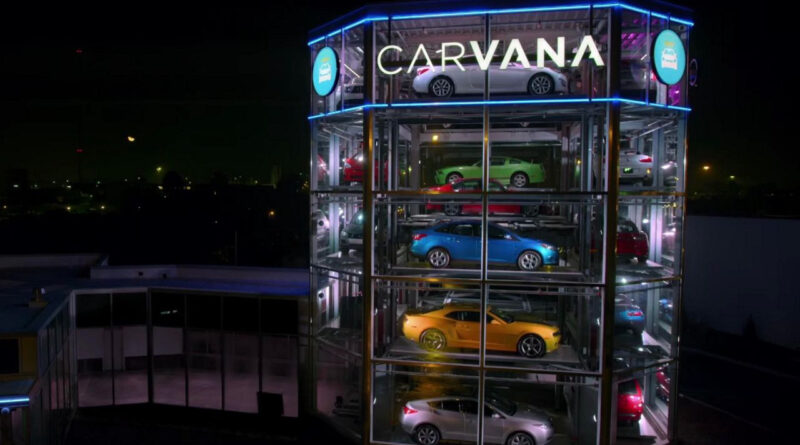History of Carvana
In the digital age, industries across the spectrum have undergone transformations, and the automotive sector is no exception. Carvana, founded in 2012, has emerged as a disruptive force in the car sales market, revolutionizing the way people buy and sell vehicles. Its innovative approach to online car buying has reshaped consumer expectations and challenged traditional dealership models.
Origins and Early Days
Carvana was established by Ernie Garcia II, Ryan Keeton, and Ben Huston, who envisioned a streamlined, customer-centric car buying experience. The company’s headquarters are located in Tempe, Arizona, and it initially operated in just a few select markets. Its founders sought to address the common pain points associated with traditional car dealerships, such as haggling over prices, limited inventory selection, and the time-consuming nature of the buying process.
The Carvana Experience
At the core of Carvana’s model is its user-friendly online platform, which allows customers to browse an extensive inventory of certified pre-owned vehicles from the comfort of their own homes. Each car undergoes a rigorous 150-point inspection, and detailed vehicle histories are provided to ensure transparency and peace of mind for buyers.
One of the company’s most distinctive features is its car vending machines, large glass towers that store vehicles and dispense them to customers upon purchase. These vending machines, located in various cities across the United States, serve as iconic symbols of Carvana’s commitment to innovation and convenience.
Expanding Reach and Success
Since its inception, Carvana has experienced rapid growth and expansion. The company went public in 2017, debuting on the New York Stock Exchange under the ticker symbol CVNA. Its market capitalization has soared, reflecting investors’ confidence in its business model and potential for future success.
In addition to its online platform and vending machines, Carvana has implemented several other initiatives to enhance the car buying experience. These include a seven-day return policy, competitive financing options, and the ability to schedule home delivery for purchased vehicles.
Challenges and Criticisms
While Carvana has garnered praise for its innovation and convenience, it has also faced scrutiny and challenges along the way. Some critics have raised concerns about the company’s reliance on technology and automation, suggesting that it may depersonalize the car buying process and diminish the role of traditional dealerships.
Furthermore, like any business operating in the highly competitive automotive industry, Carvana faces ongoing pressures to adapt to changing consumer preferences, market dynamics, and regulatory requirements.
Conclusion
In just over a decade, Carvana has transformed the way people buy cars, offering a seamless, technology-driven alternative to traditional dealership experiences. Its commitment to transparency, convenience, and customer satisfaction has resonated with consumers, propelling the company to the forefront of the automotive retail industry.
As Carvana continues to expand its presence and refine its services, it remains poised to shape the future of car buying for years to come.
Discover more from City Towner
Subscribe to get the latest posts sent to your email.




